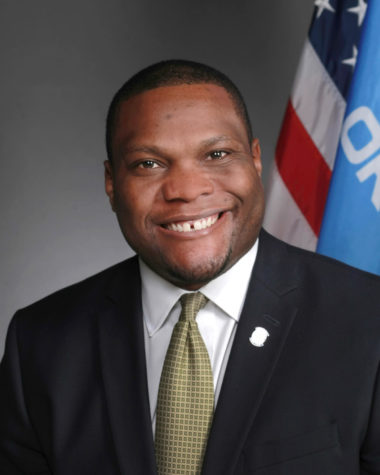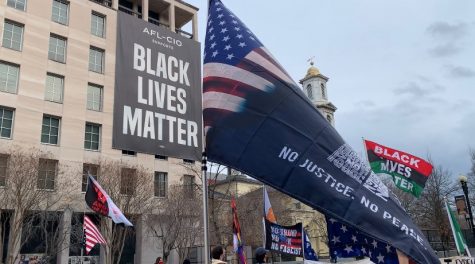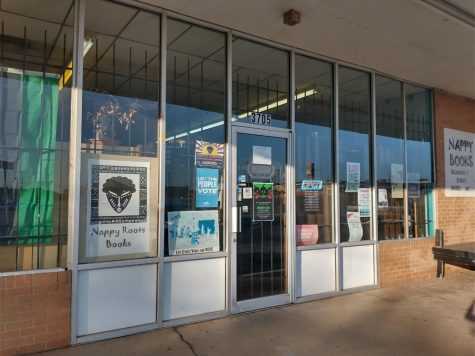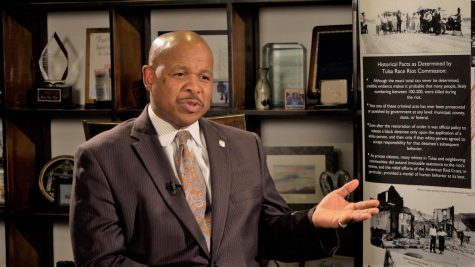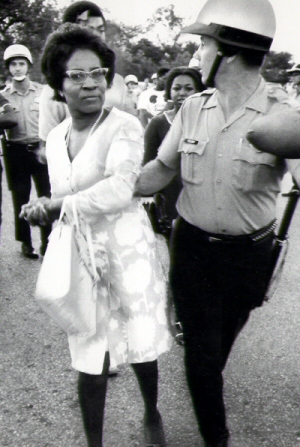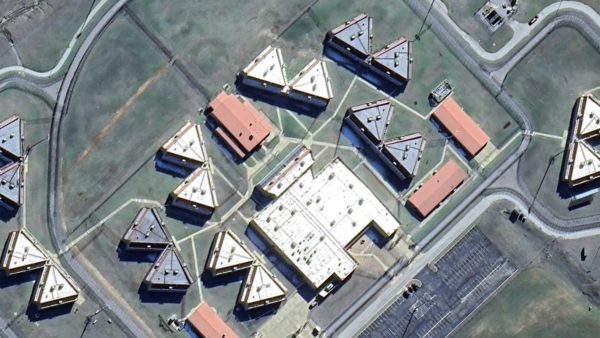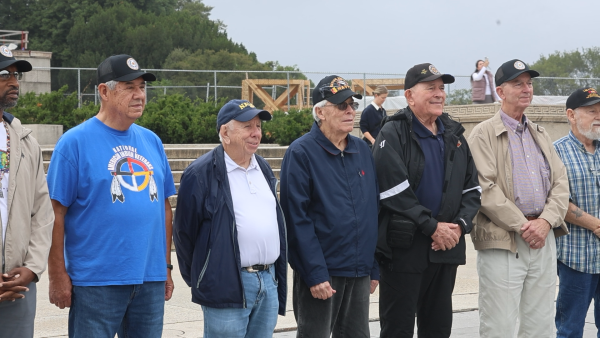Signature event canceled by Tulsa Race Massacre centennial organizers
WASHINGTON — After 100 years, survivors of the Tulsa Race Massacre are still looking for justice, but a lack of education about the tragedy makes their plight even more challenging.
“No one cared about us for almost 100 years,” said 107-year-old survivor Viola Fletcher on May 18, speaking before a House Committee on the Tulsa Race Massacre in Washington. “We and our history have been forgotten, washed away. This Congress must recognize us.”
Until recently, many Oklahoma students did not learn about the massacre. Many people living outside the state still don’t know what happened in Tulsa on May 31 and June 1, 1921. Washington resident Edwin Willams thinks there’s a reason he has never heard about it until now.
“It’s very unfortunate,” Williams said. “It’s like a [saying] I heard a long time ago, to the victor goes the spoils, they wrote their own history.”
Special guests such as entertainer John Legend and politician and voting rights activist Stacey Abrams were poised to bring added attention to the centennial observance in Tulsa during the “Remember and Rise” kickoff event on Monday. But late Thursday, the Tulsa Race Massacre Centennial Commission announced the cancellation of the signature event “due to unexpected circumstances with entertainers and speakers.”
Events still scheduled include a ribbon-cutting dedication for the Pathway to Hope on Friday and a candlelight vigil in the Greenwood District on Monday. President Joe Biden is scheduled to visit the Greenwood District on Tuesday.
People come from across the world to visit the National Museum of African-American History and Culture in Washington. The exhibits start with the beginnings of the slave trade and continue through significant points in Black history, from the Civil War to the Civil Rights Movement to the present day.
The museum was closed until recently due to COVID-19 but now allows a limited number of visitors. Even with fewer visitors, traffic is still high.
“We have so many visitors from around the country and around the world. What we see is a lot of people who are new to this history and some people who know about this history,” said museum curator Paul Gardullo.
The Tulsa Race Massacre exhibit, albeit small, features important information and artifacts that help to tell the story.
The biggest obstacle the exhibit offers on the path to education is its placement in the museum. The layout of the museum allows visitors to learn about history in chronological order. Visitors start from the lowest floor downstairs until they end up on the ground level at a reflecting pool to look back on the story of African-Americans.
“It’s a place where the nation [can] come and see the centrality of [the] African-American story to America,” Gardullo said.
The Tulsa Race Massacre is a minor footnote in the main attraction of the museum, still using the term “race riot” previously used to describe the event. The actual exhibit is upstairs on a different level, and although there are hundreds of people moving through every day, finding the exhibit can be a challenge.
Tucked away on the third floor behind an unmarked door is the history behind the destruction and loss of human life that began on May 31, 1921. Quiet fills the entire museum thanks to its somber and reflective layout, but silence roars in the more forgotten areas of history.
The centennial observance in Tulsa will serve as another way to educate those outside the state. It will include artists, activists and important Oklahoma figures advocating for the recognition of the Tulsa Race Massacre.
Oklahoma Gov. Kevin Stitt was on the commission until recently. His signing of a bill banning the teaching of critical race theory in Oklahoma schools caused leaders of the commission to ask him to give up his seat. Some commission members believe critical race theory is the best way to educate people on topics such as the race massacre.
“The Centennial Commission feels that your signature on the bill at this critical time when Oklahoma should embrace its history is diametrically opposite to the mission of the Centennial Commission and reflects your desire to end your affiliation,” commission leaders wrote to Stitt in a statement released publicly.
“We are fighting for a world that honors our dignity and our humanity,” said Missouri Rep. Cori Bush, who sat on the Tulsa Race Massacre panel in Washington. “We will always do this work of liberation and justice.”
Gaylord News is a Washington-based reporting project of the University of Oklahoma Gaylord College of Journalism and Mass Communication.
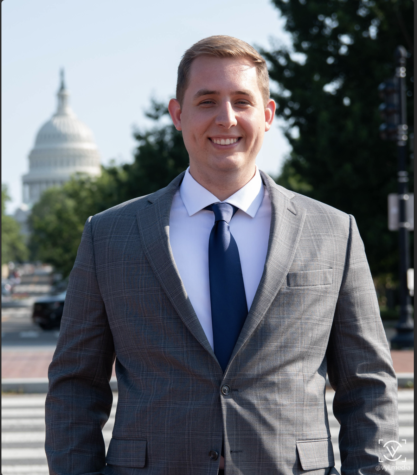
[email protected]
https://twitter.com/Kolby__Terrell
https://www.linkedin.com/in/kolby-terrell-51812920b/

